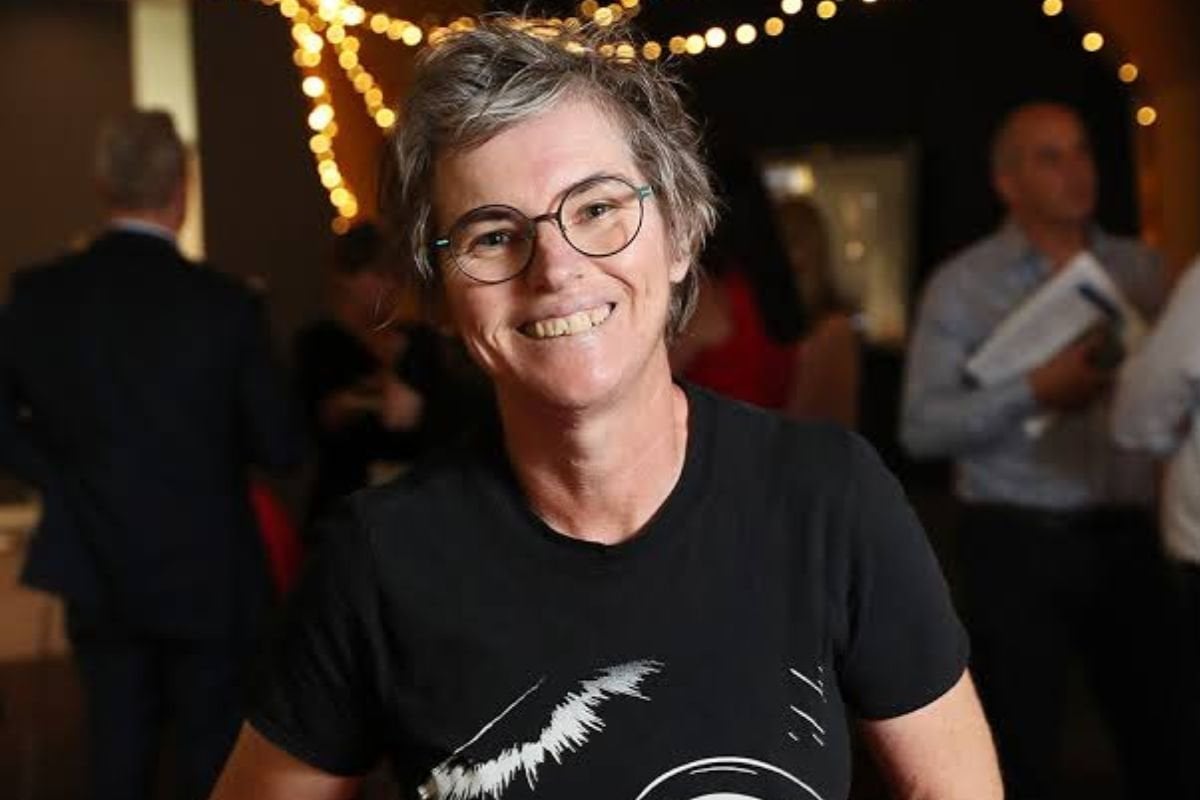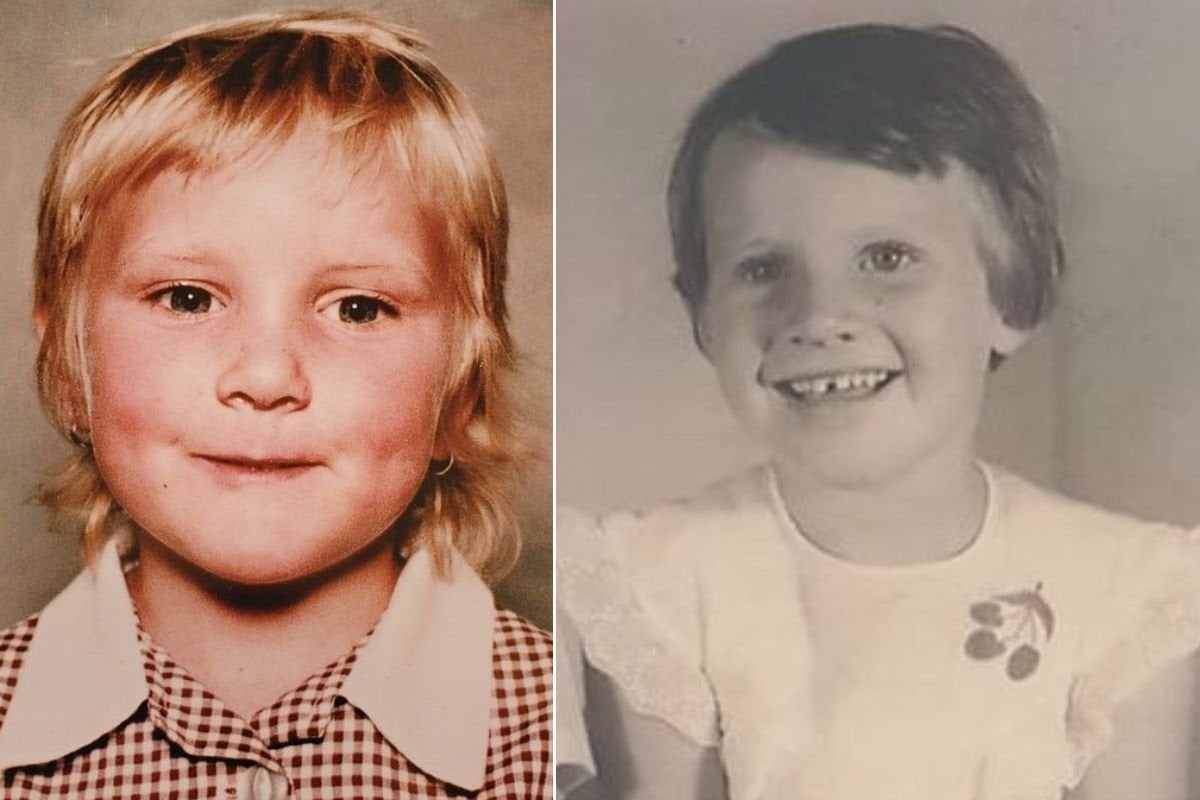
Warning: This post discusses violence against women and children and may cause distress for some readers.
Sherele Moody was 19 when she found out the unthinkable. Her stepfather is a murderer.
Her mother had met Barry Hadlow when she was only 14. He told the family he went to prison for manslaughter after king-hitting a man who died.
That was a lie. As they would later find out, he was in fact guilty of abducting, raping and murdering two little girls in Queensland.
His first victim, five-year-old Sandra Bacon, was killed in 1962 in Townsville long before he came into Sherele, her mother and her sibling's lives. He'd gone to prison for that crime and was released with the support of a Christian community who lobbied for his parole.
He found his second victim in 1990, after noticing her at the block of units where he was living with Sherele's family in Roma.
Nine-year-old Stacey Ann Tracey's half-naked body was found in a garbage bag about 5km from town. But before that she was missing for four days.
 Stacy-Ann Tracy, nine (left) and Sandra Dorothy Bacon, five (right). Image: RED HEART Campaign.
Stacy-Ann Tracy, nine (left) and Sandra Dorothy Bacon, five (right). Image: RED HEART Campaign.
Top Comments